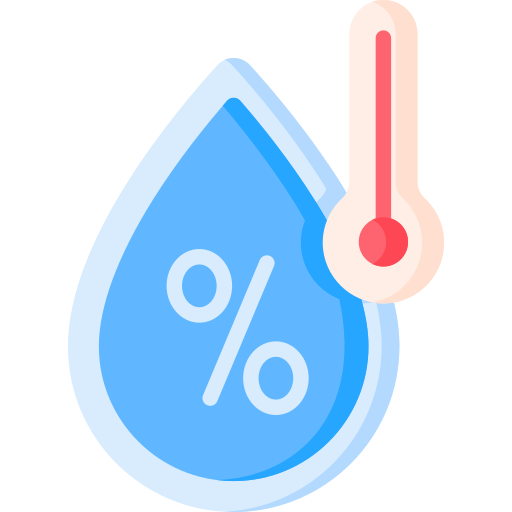Lisbon - Introduction

About Lisbon
Lisbon ( LIZ-bən; Portuguese: Lisboa [liʒˈβoɐ] ) is the capital and largest city of Portugal, with an estimated population of 567,131, as of 2023, within its administrative limits and 3,028,000 within the metropolis, as of 2025. Lisbon is mainland Europe's westernmost capital city (second overall after Reykjavik), and the only one along the Atlantic coast, the others (Reykjavik and Dublin) being on islands. The city lies in the western portion of the Iberian Peninsula, on the northern shore of the River Tagus. The western portion of its metro area, the Portuguese Riviera, hosts the westernmost point of Continental Europe, culminating at Cabo da Roca.
Lisbon is one of the oldest cities in the world and the second-oldest European capital city (after Athens), predating other modern European capitals by centuries. Settled by pre-Celtic tribes and later founded and civilized by the Phoenicians, Julius Caesar made it a municipium called Felicitas Julia, adding the term to the name Olissipo. After the fall of the Roman Empire, it was ruled by a series of Germanic tribes from the 5th century, most notably the Visigoths. Later it was captured by the Moors in the 8th century. In 1147, Afonso Henriques conquered the city and in 1255, it became Portugal's capital, replacing Coimbra. It has since been the political, economic, and cultural centre of the country.
As the political centre of the country, Lisbon hosts the government, National Assembly, Supreme Court of Justice, Armed Forces and residence of the head of state. It is also the centre of Portuguese diplomacy, with ambassadors from 86 countries residing in the city, as well as representations from Taiwan and Palestine. About 2.96 million people live in the Lisbon metropolitan area, which extends beyond the city's administrative area, making it the third largest metropolitan area in the Iberian Peninsula (after Madrid and Barcelona) as well as figuring amongst the 10 most populous urban areas in the European Union. It represents approximately 28% of the country's population.
Lisbon is recognised as an alpha-level global city because of its importance in finance, commerce, fashion, media, entertainment, arts, international trade, education, and tourism. Lisbon is amongst the two Portuguese cities (the other being Porto) to be recognised as a global city, and it is also home to three companies in the Global 2000 (EDP Group, Galp Energia and Jerónimo Martins). Lisbon is one of the major economic centres in Europe, with a growing financial sector, with PSI-20 being part of Euronext, the largest center for debt and funds listings in the world. The Lisbon region has a higher GDP PPP per capita than any other region in Portugal. Its GDP PPP amounts to US$179 billion and thus $61,713 per capita.
The city occupies the 40th place of highest gross earnings in the world and, with almost 21,000 millionaires, is the 11th European city by number of millionaires and the 14th by number of billionaires. Most of the headquarters of multinational corporations in Portugal are located in the Lisbon area.
Lisbon Current Weather
,
| Parameter | Value |
|---|---|
Wind 
|
|
Pressure 
|
|
Humidity 
|
|
Visibility 
|
|
UV Index 
|
|
Precip 
|